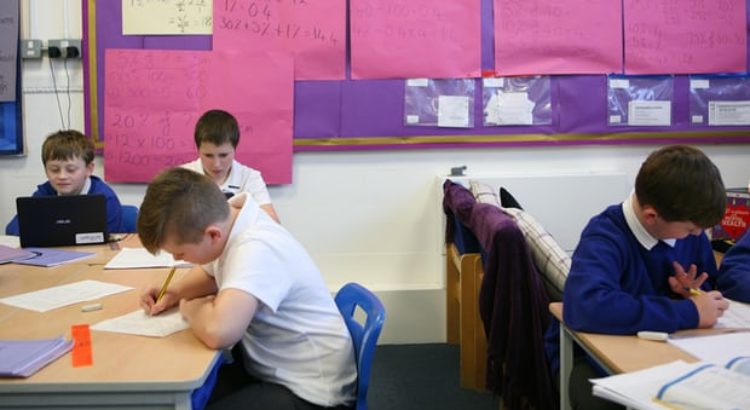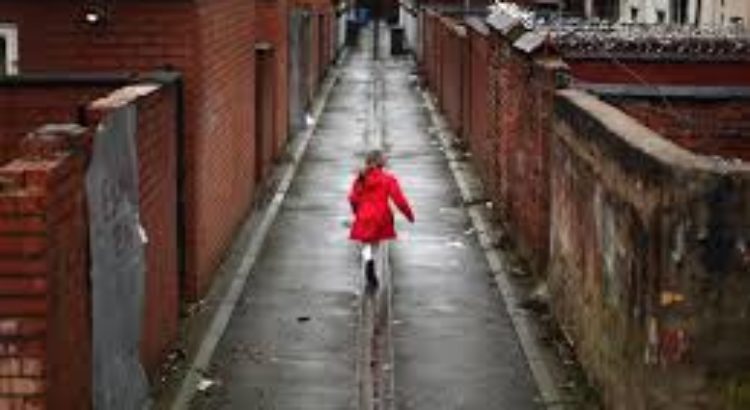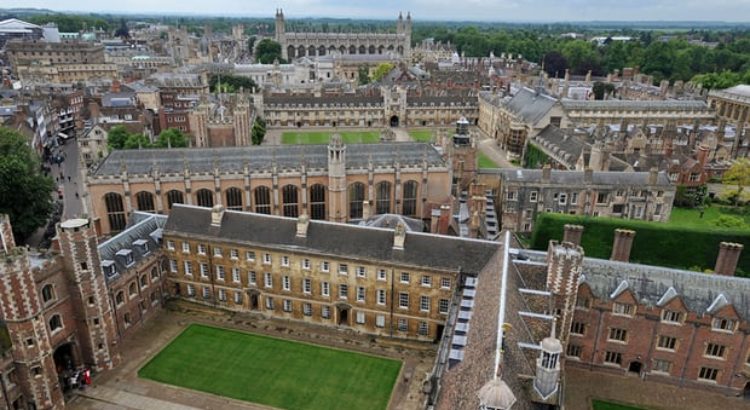UK/April 17, 2018/By: Colin Drury/ Source: https://www.independent.co.uk
Students welcome decision to avoid walkout.
Further strikes at UK universities are to be called off after members of the University and College Union (UCU) voted to accept proposals aimed at resolving a dispute over pensions.
Thousands of staff – including lecturers, academics and researchers – were were due to walk out next week in protest at plans which they said would reduce their retirement pots by £10,000 a year. Fourteen days of strikes have already hit 65 universities since 22 February.
But members of the UCU voted to call off more action after bosses at Universities UK agreed a joint panel would be set up to reassess the pension issue.
The news was welcomed by the National Union of Students (NUS), with estimates suggesting up to 1 million students were affected by previous walkouts.
Shakira Martin, NUS president, said: “We are pleased to see a deal has been reached. Students have wholeheartedly chosen to support their staff during this dispute, and we have seen inspiring displays of solidarity on campuses across the UK since day one.”
The strikes were called after Universities UK revealed plans to change the Universities Superannuation Scheme from a defined benefit scheme – which gives a guaranteed retirement income – to a defined contribution scheme, which would make pensions vulnerable to changes in the stock market. Universities UK had said the alterations would help make up a £6bn deficit.
But, with the proposals now dropped, members of the UCU voted almost two to one to stop more walkouts and instead reopen negotiations. There was a record 63.5 per cent turn out, the union said.
Sally Hunt, UCU general secretary, said: “The union has come a very long way since January when it seemed that the employers’ proposals for a defined contribution pension were to be imposed.
“Now we have agreement to move forward jointly, looking again at the USS valuation alongside a commitment from the employers to a guaranteed, defined benefit scheme.”
And she added: “We hope this important agreement will hearten workers across the UK fighting to defend their pension rights and was won through the amazing strike action of UCU members.
“UCU has more work to do to ensure that the agreement delivers the security in retirement that university staff deserve.”
Universities UK said the decision to appoint an expert panel and suspend industrial action would reassure students that summer exams and graduations would not be affected by industrial action.
But a spokesperson warned: “It is important that interested parties engage with the panel and remain open-minded about its possible findings.
“Working in partnership with UCU, we will now appoint a jointly agreed chair for the panel as soon as possible before developing its terms of reference, order of work and timescales.”
Source:
https://www.independent.co.uk/news/education/education-news/uk-university-strikes-called-off-uss-ucu-accept-pension-proposals-a8303086.html













 Users Today : 4
Users Today : 4 Total Users : 35460677
Total Users : 35460677 Views Today : 5
Views Today : 5 Total views : 3419787
Total views : 3419787